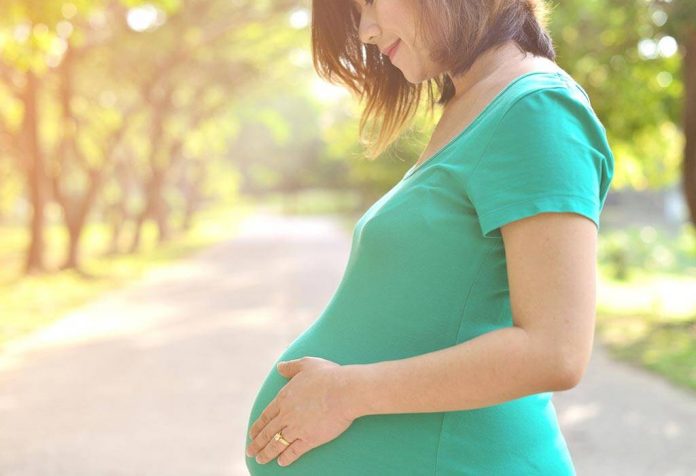Good oral hygiene at home as well as regular dental hygiene appointments help to control pregnancy-associated gingivitis
Poor oral hygiene, plaque, and a change in your oral bacteria will increase the severity of pregnancy-associated gingivitis. Your gingiva (gums) produce an exaggerated response to plaque during pregnancy. The gums can become red, shiny, inflamed, and bleed easily.
Ensuring that you take the time to properly brush and floss at home will help to control pregnancy-associated gingivitis. As well, during your pregnancy frequent dental hygiene visits are recommended to remove excess plaque and bacteria that cause gingivitis. It may be most comfortable to have your teeth cleaned during the second trimester but there are no contraindications to having dental hygiene appointments in the first or third trimester if needed.
After childbirth, the gingiva (gums) will typically improve. Depending on the severity of pregnancy-associated gingivitis, the gingiva will not always return to their pre-pregnancy state, however, so maintaining a regular oral hygiene care pattern is important.








